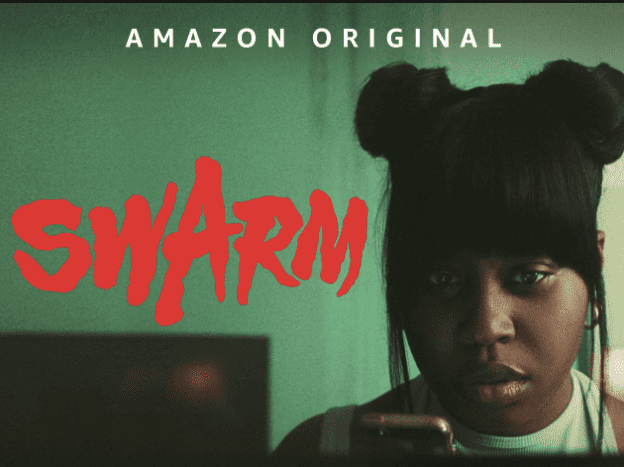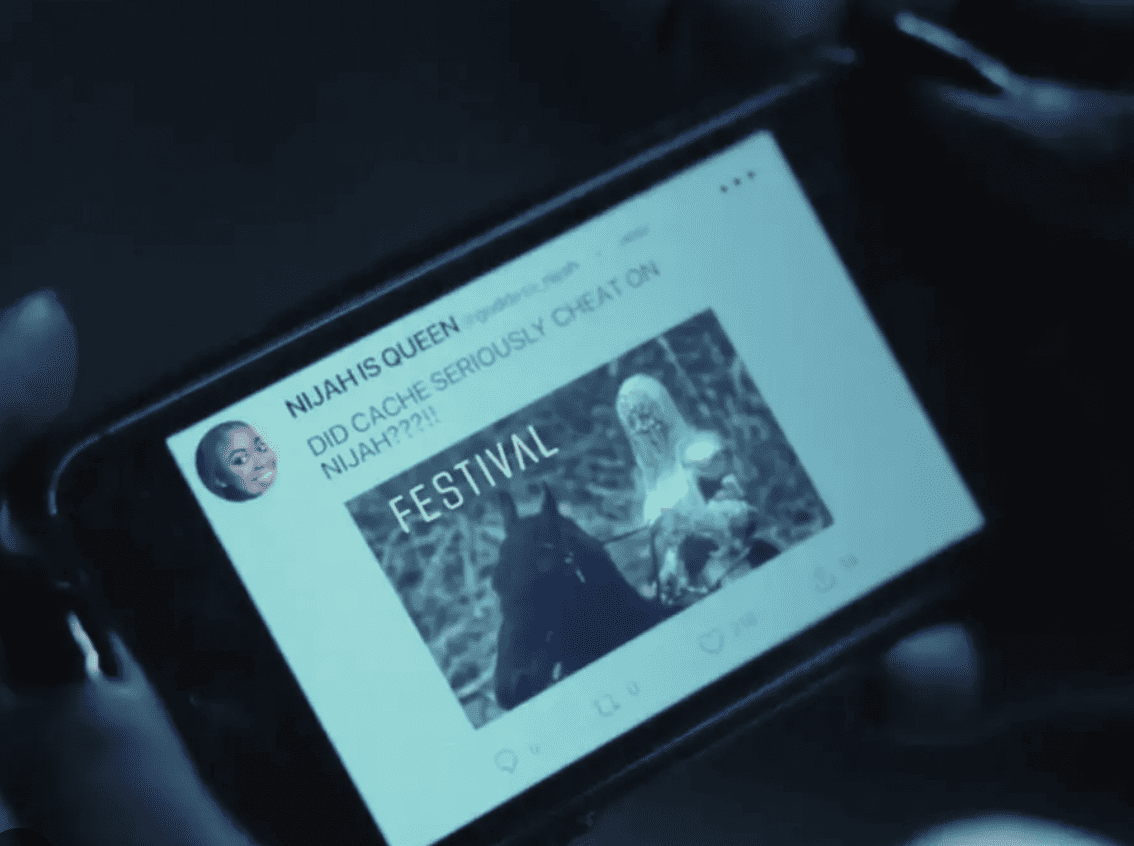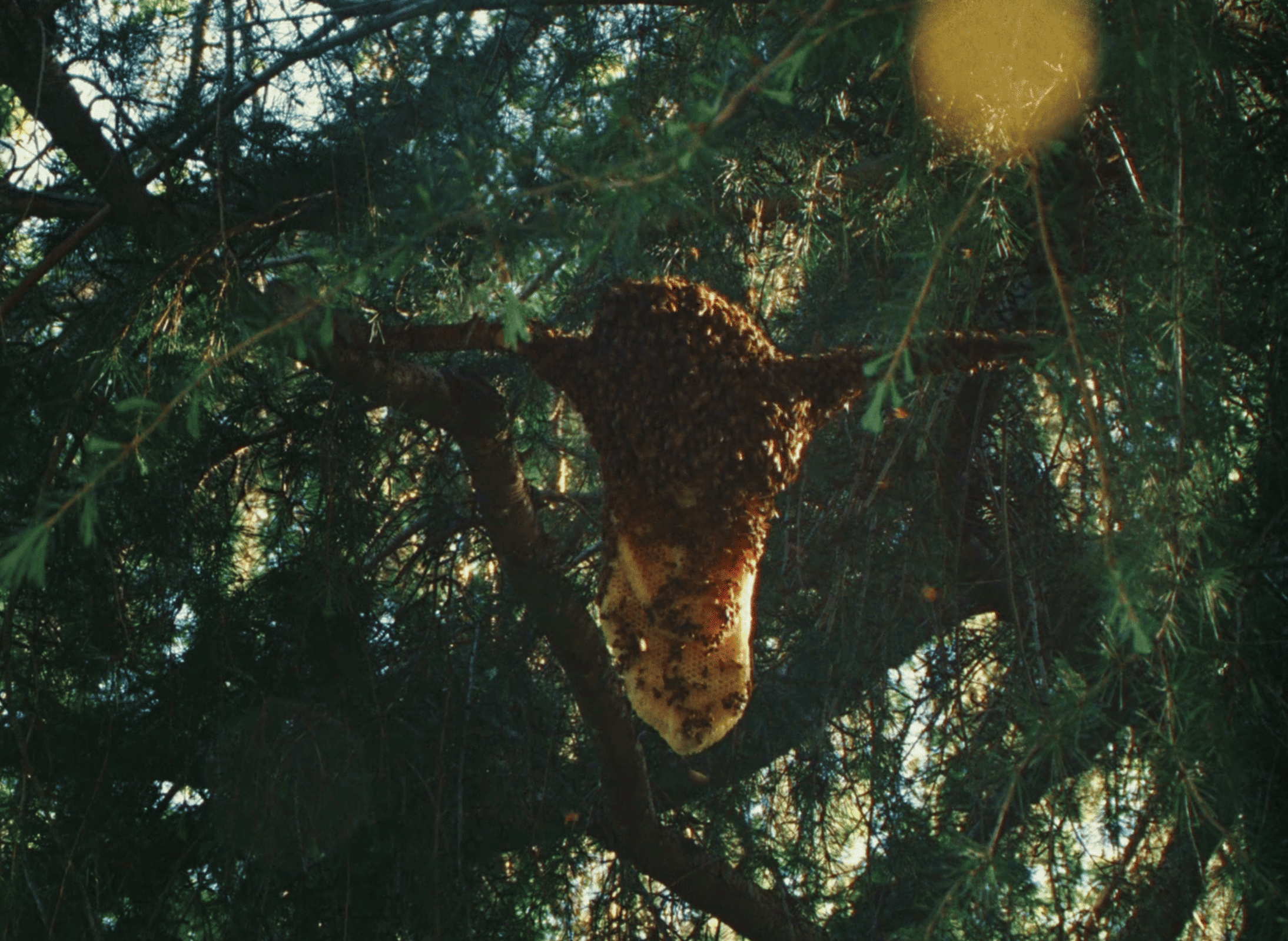A (Swarm 2023) of Parasocial Paradigms
With overarching themes that demarcate our period as one of isolation; the producers created a show that makes us want to come together to chat about our shortcomings as a social community.

Spoiler Alert: This summary and review contains spoilers.
Additionally, some images and text may include affiliate links, meaning we may earn a commission or receive products if you make a purchase.
Parasocial Relationships
Were Andrea Greene’s Connections Serving Her?

The Mechanism And Its Effects
Humans of the twenty-first century are both burdened and blessed with the expansive interconnectedness of the web. Super fast broadband speeds and smartphones have not just allowed for functional utility but also opened new possibilities for ease of social alignment as well. Any person anywhere can find themselves identifying with the message shared online oftentimes by a manicured persona. When it comes to high-profile personalities, their audiences can feel a deep connection with ‘presumed intimacy.’ By better understanding these relationship dynamics that internet usage can help foster, one is able to understand the subtle genius of “Swarm.”

Mess With The Hive & Get Stung
In Donald Glover and Janine Naber‘s “Swarm,” the protagonist is severely addicted to her phone. While this is not an uncommon affliction, Dre, also referenced as Andrea has some seriously violent predilections. The intensity of Dre’s obsession with her favorite musical artist is mirrored by other fanatical web users, which the series often portrays on the likes of Twitter and Instagram. These individuals have mindsets regarding their idol that are similar to Dre’s. This hive mind would congregate in a near ritualistic manner to talk about what emotions Queen Ni’Jah’s work evoked and how she was almost a higher form or entity. Anyone who threatened or disliked this goddess would be at the mercy of their sting, which often included doxxing (releasing personal information) like work or home addresses of victims. Dre’s insanity seized the opportunity to strike in person by stalking certain individuals who caught her attention online. The craziest part is that people like this really do exist so the creators took this and spun it up to produce “Swarm.”
Too Crazy To Be True
In Donald Glover and Janine Naber’s “Swarm,” a series of hyperbolic situations is able to magnify the sense of urgency and antsiness within online hive minds to get things done. The buzzing of some bee-like insect could be heard for the first time after Andrea Greene shows up late to work. It seems to signify some unruliness or at least something unpleasant. The show advertises itself as being based on a true story, and in a sense, it is.
Through everything from cinematography, and props, to non-diegetic sound, the creators of “Swarm” go about translating internet culture to a different medium. Certain aspects need to be amplified to be noticed, almost like the echo chambers that fan bases cultivate. It was important for the online presence of Dre and her peers to loom in the background. Imagine a bombardment of notifications alongside ringing alerts or a person gorging themselves with unhealthy snacks. These actions all center around themes of overindulgence and extremism in “Swarm” when Dre cannot seem to put down her phone after a Queen Ni’Jah drop or even stop eating after killing.

Reflection Of Culture
The un-reciprocal real-life and parasocial relationships are a token of today’s hyper-individualistic society where we say and do anything online in a sense of anonymity, yet we hesitate to wave to our neighbors. These sorts of relationships are glamorized in media, whether toxic or one-sided. We can parallel connections like those showcased in “Swarm“ to those we have with political personae, celebrities, and internet personalities. When analyzing Dre and Marissa’s relationship, it is important to realize that Dre did not see Marissa as her equal but more as something like a deity—their dynamic mimics one of a celebrity and their fans more than a friendly or sisterly bond.
While the media is complicit in fostering avenues for some strangely parasitic relationships, some people have the agency to monitor their interactions with others. “Swarm” is able to shine light on a major issue while also exploring the depths of its darkness. The show even crosses its own criticisms by having superstars like Billie Eilish (playing as Eva) and Beyonce’s former background dancer (playing as Queen Ni’Jah) make appearances. It is supposed to make fun of our social reality and get the audience to question themselves and what they know about their affiliations.
- How much energy do you give to people, and with what benefit or return, if any?
- How intense does a feeling for someone have to be for you to neglect personal growth to essentially worship an idol?
Andre Greene explores this in “Swarm” and struggles until she makes her final decision in episode seven, which was quite shocking!
Images used for editorial and commentary purposes. All rights remain with their respective copyright holders.



